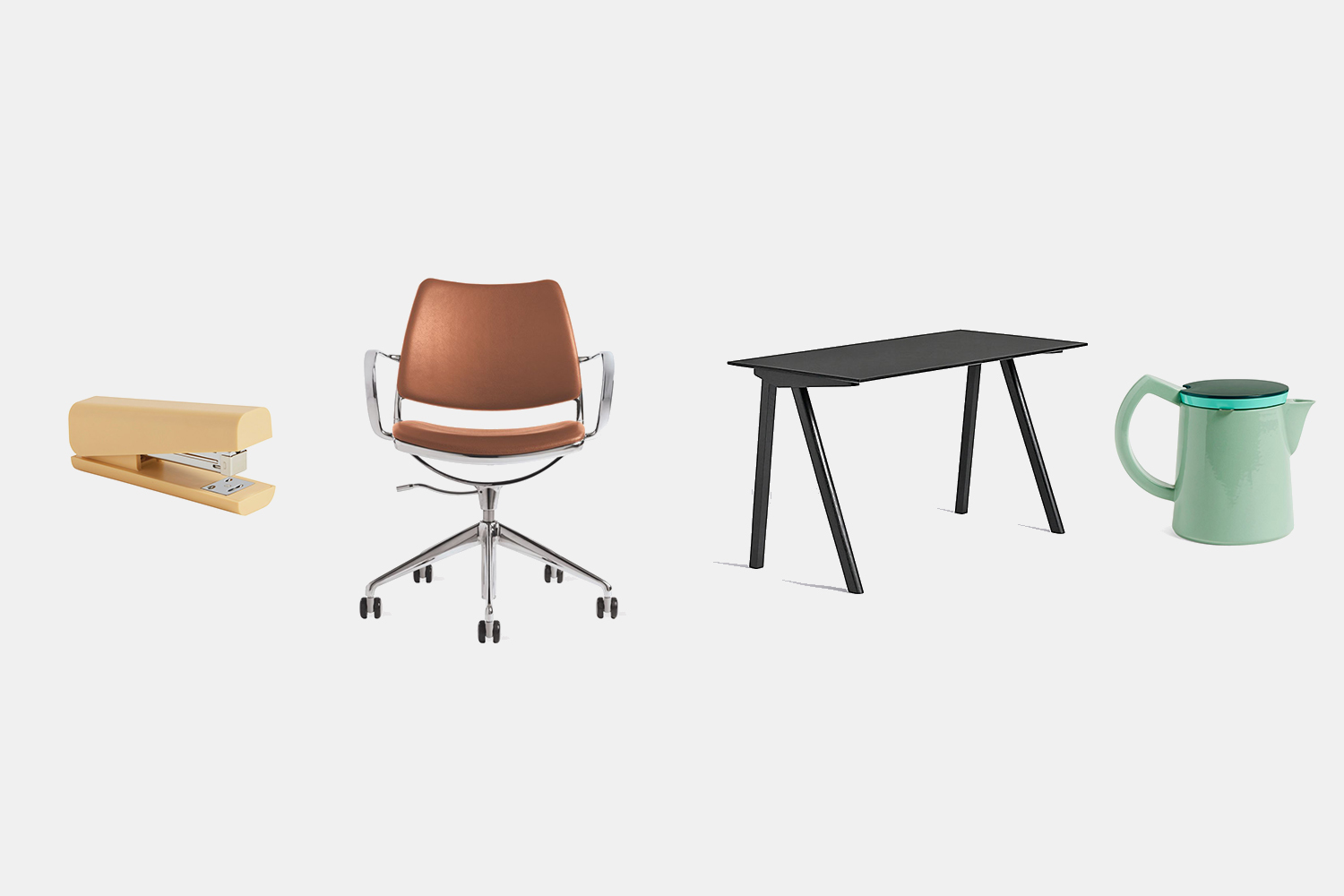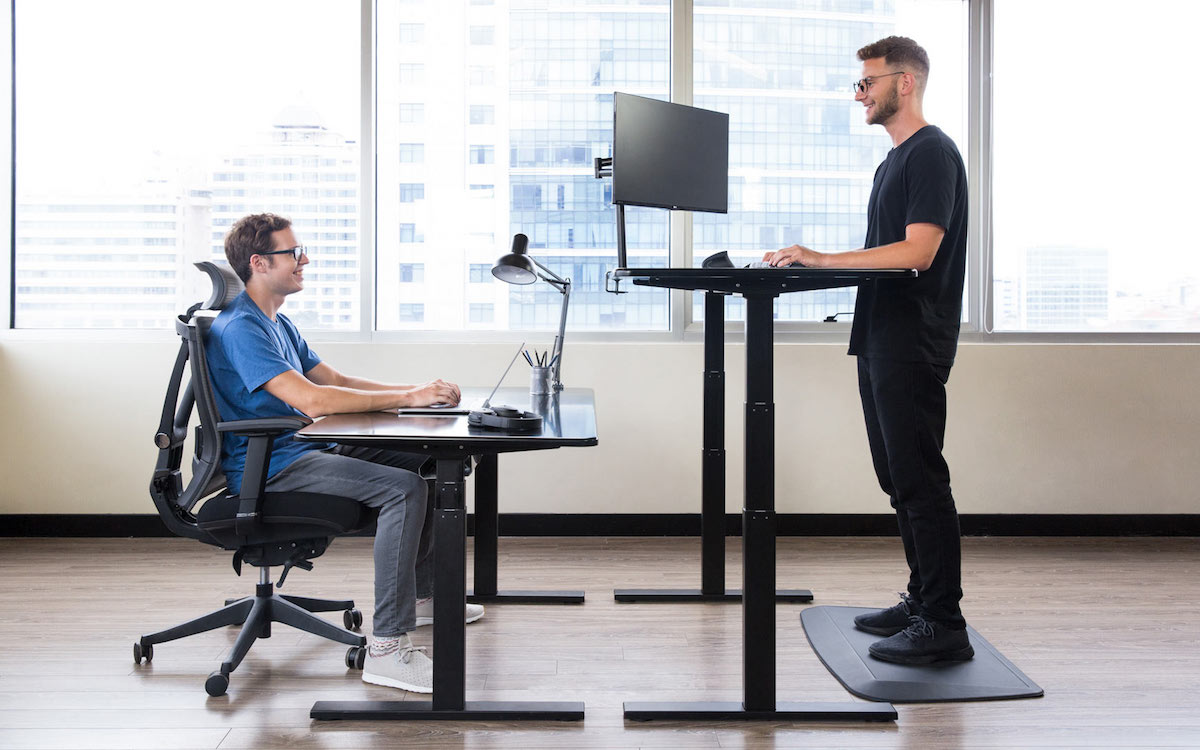Around the country, plenty of workplaces have embraced working from home for reasons of employee safety. What began as a measure designed to last for a few weeks has expanded dramatically, with some employers not expecting a return to office life until next year and others preparing for a future that involves far more employees working remotely.
Given advances in high-speed internet and apps designed for collaboration, all of this makes a lot of sense. But a new article at Yahoo Finance explores one area where the era of working from home has hit something of a snag: the question of workplace expenses incurred while working from home.
The article, by Sibile Marcellus, brings together data from a number of surveys and studies to explore shifting perceptions of work from home expenses. Among the most revealing statistics? According to a July survey by Willis Towers Watson, 1 in 10 companies have offered to cover some portion of their employees’ expenses incurred while working from home.
The article also cites a recent LinkedIn poll, which also addressed the question of work from home expenses. Sixty percent of the respondents felt that companies should cover these expenses, while 30 percent felt that it was the responsibility of employees to do so.
As many conversations online can do, the debate over the poll ended up getting bogged down in details. Whether employers should cover remotely working employees’ internet, in whole or in part, was one thing; when asked about covering expenses like toilet paper or coffee, however, the debate became more contentious.
It’s not difficult to see why these debates might be taking place now; after several months of work from home experiments, some of the benefits and flaws of the approach may be coming into sharp relief. But with many companies not expecting employees back before the middle of next year, there’s plenty of time to address these questions.
Subscribe here for our free daily newsletter.
Thanks for reading InsideHook. Sign up for our daily newsletter and be in the know.

















